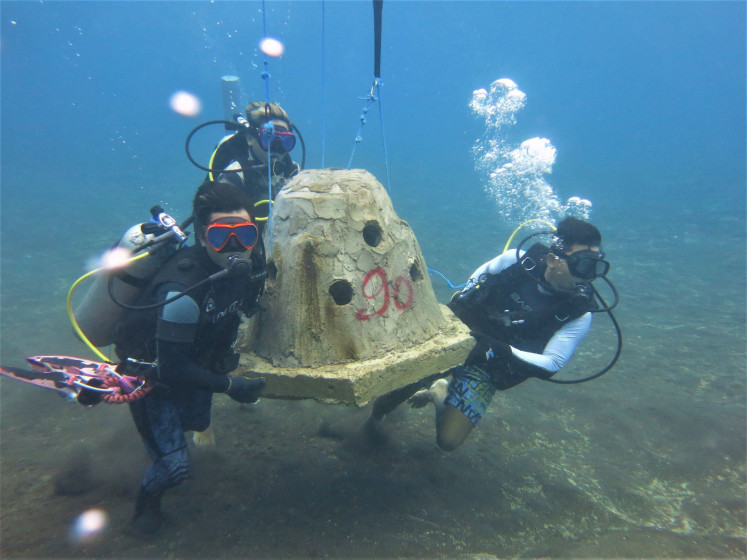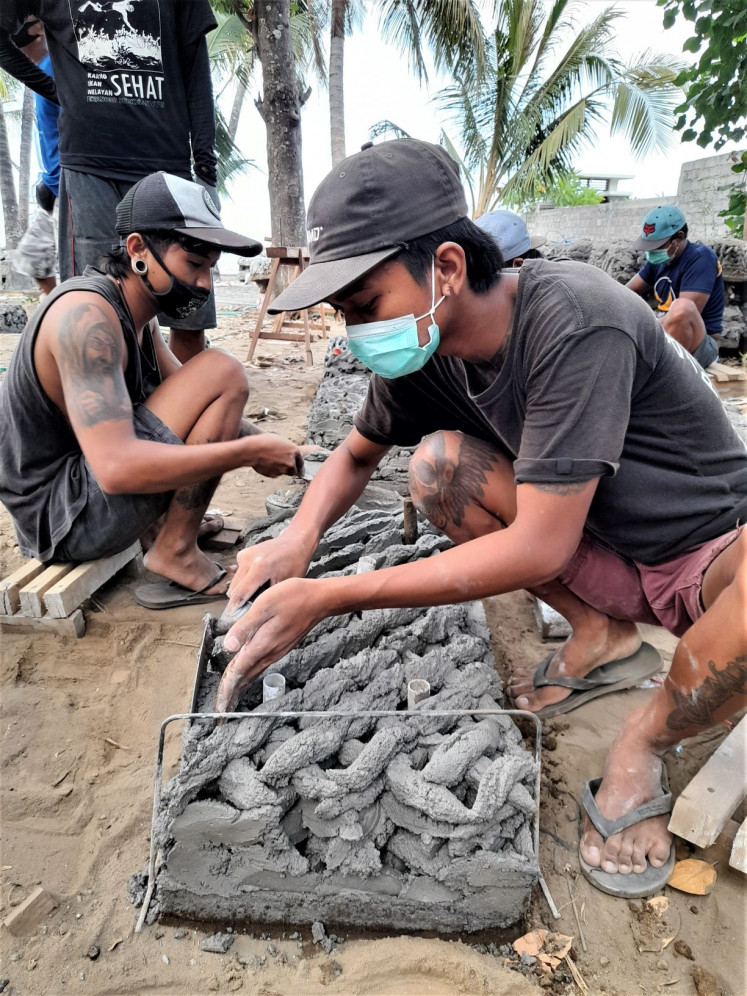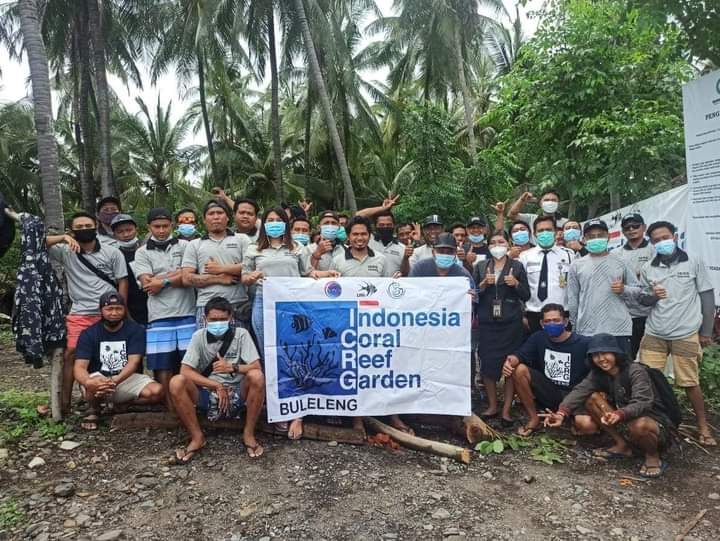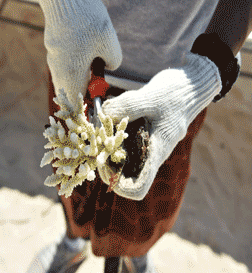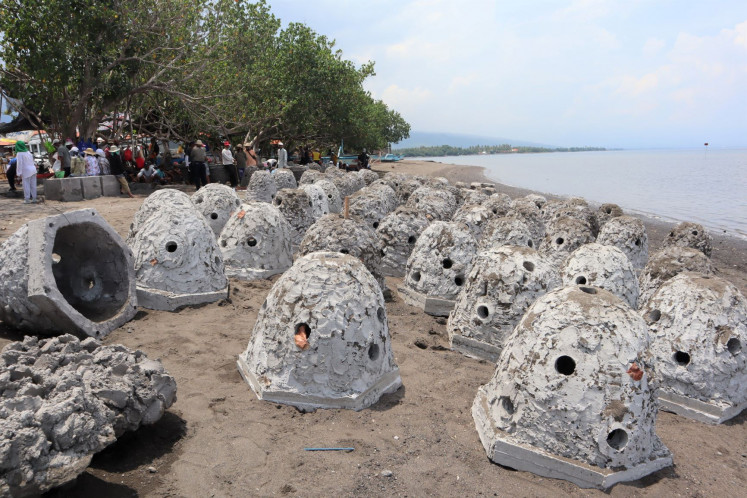
Recovery has begun:
The Southeast Asian island nation’s largest project to save coral reefs has begun on the Indonesian island of Bali. More than 95,000 coral trees and fish domes are being sunk into the ocean floor along five Balinese coastal areas, covering a total area of 74 hectares. The goal is to restore and preserve Bali’s fish and coral diversity.
With about 420 species, Bali has a high coral diversity. However, as in other regions around the world, Bali’s reefs have been severely destroyed by climate change, river pollution, unbridled tourism and irresponsible fishing practices. Since mid-2020, the Ministry of Maritime Affairs and Fisheries has been supporting the pandemic-disrupted marine tourism sector through the Indonesian Coral Reef Garden (ICRG) project.
The project aims to employ workers affected by the pandemic. The Indonesian Bureau of Statistics said Bali, Indonesia’s top tourist destination, saw an 87 percent drop in visits by foreign tourists between April and June 2020. A survey of 152 marine tourism businesses by the Indonesian Diving Business Association (PUSI) also found that about one-third have ceased operations.
Many of them have suffered from loss of income and unemployment since the pandemic began. “Many like dive guides, drivers and workers in hotels, stores and restaurants have lost their jobs for almost a year since the COVID-19 pandemic started. This also affects the income of export-oriented fishermen,” said Yunaldi Yahya, field coordinator at Yayasan LINI, which works to protect and manage coastal marine resources.
One model being sponsored is the construction of “coral gardens” that can serve as both marine protected areas and tourist destinations with economic benefits. This involves using bamboo poles, rope and concrete to create structures that look like domes or trees. Coral fragments are added to each structure to stimulate seedling growth.
For example, at Penimbangan Beach, a popular spot for young people in Buleleng, more than a thousand structures were built and submerged about 300 to 400 meters east of the beach. “The challenge in monitoring the coral is the minimal human resources and budget for maintenance,” said Gede Karang Sadnyana, local coordinator of the Coral Reef Garden in Bakti Seraga village, where the beach is located. Another challenge, he said, is explaining the major threat of garbage especially plastic waste – because Penimbangan is located at the mouth of the Tukad Banyuasri River, which comes from other towns and rivers.
After consultation with the Ministry of Marine and Fisheries, Save Nemo will install the Nemo PI underwater weatherstation once travel restrictions are lifted in these regions.
Diving school No Fear Diving helps too!
The German PADI dive center No Fear Diving in Amed Bali has also participated in the project of the (ICRG) to reforest the coral reefs of Bali and actively supported it. A local diving instructor (I Putu Antara) & diving equipment was released by the diving school to look after a reef section in the northeast “Buleleng”.
“Tourism in the Balinese diving paradise of Amed has almost come to a complete standstill in 2020 due to the Covid 19 travel restrictions. The entire diving industry has been hit very hard by the sharp drop in sales last year,” said Oliver, the manager of No Fear Diving.
Very commendable in this respect is that the instructors are financially supported by the ICRG for their work to reforest the reefs. This is especially important in times of Covid 19. Especially the local people have to struggle with the financial consequences of the crisis.
No Fear Diving is very happy to support further environmental projects together with Save-Nemo in 2021.

